A Step Toward Increased Access to Sustainable Aviation Fuel
Alaska Airlines will be the first to pilot a new sustainable aviation fuel software integration

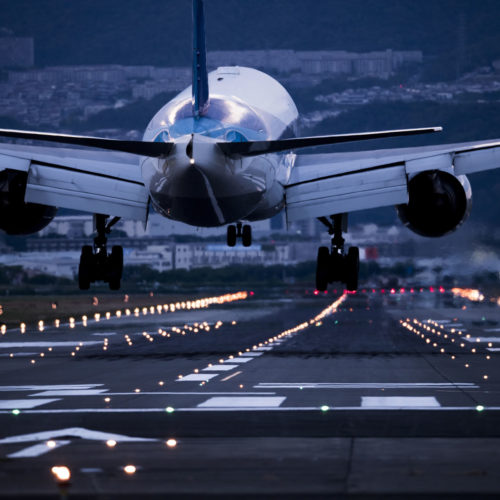
The aviation industry is an essential part of the global economy — and our daily lives. From packages that contain vital medicine to Christmas presents, from connecting businesses to connecting families, we’ve come to rely on the speed and convenience of air transport.
At the same time, the urgency of the climate crisis has never been clearer: we have less than a decade to halve global greenhouse gas (GHG) emissions in order to avoid the most devastating impacts of climate change.
Nearly 2.5 percent of today’s emissions are a result of global air travel — a figure that is projected to rise rapidly in coming years, especially as demand for jet fuel is expected to double compared to pre-pandemic levels by 2050.
That’s why now — as investors, customers, and employees increasingly demand net-zero commitments and stakeholder capitalism — is the time for leadership and innovation from companies in the aviation sector and beyond.

Spearheaded by RMI, Environmental Defense Fund (EDF), and Neoteric Energy and Climate, the Sustainable Aviation Buyers Alliance (SABA) is accelerating investment in and adoption of sustainable aviation fuels (SAF) to help companies address their climate emissions from air travel. SAF has the potential to reduce the carbon intensity of flying by more than 80 percent, but it currently represents less than 0.1 percent of global aviation fuel due to insufficient, disaggregated demand and cost barriers.
To address these issues SABA worked with aviation customers, airlines, and fuel producers to develop a rigorous, transparent SAF certificate system. The system expands SAF investment opportunities to all businesses, organizations, and even individuals interested in reducing the climate impacts of air transport. It will accelerate the use and bring down the costs of SAF, to help drive aviation emissions reductions at the scale and pace that the science demands.
A key element of SABA’s work today is running first-of-kind joint procurement processes for SAFc, sending a larger demand signal for SAF on behalf of our customer members. SABA ran its first RFP in 2022 and a second, multi-year RFP in 2023. Stay up to date on upcoming opportunities to engage in our RFPs and other work at flysaba.org.
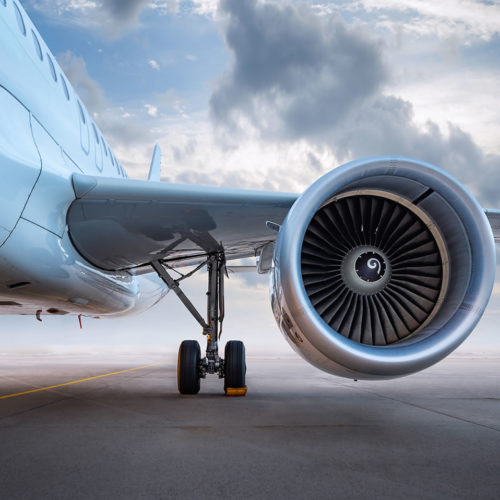
SABA’s mission is to accelerate the path to carbon-neutral air transport by driving investment in sustainable aviation fuel (SAF), catalyzing new and additional SAF production and technological innovation, and supporting member engagement in policymaking.
Key aspects of SABA’s work:
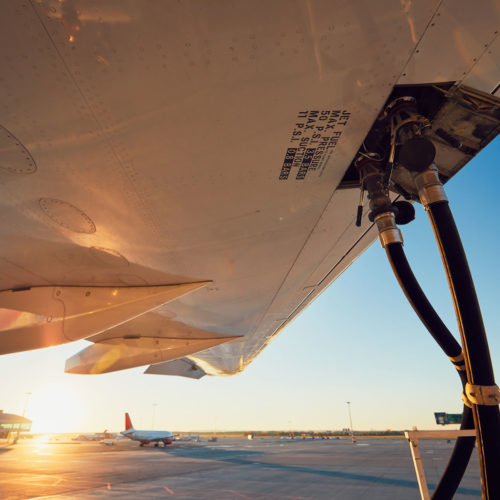
SAF has the potential to reduce the carbon intensity of flying by more than 80 percent, but SAF represents less than 0.1 percent of global aviation fuel due to insufficient, disaggregated demand and cost barriers.
While the majority of SAF technologies don’t significantly reduce in-flight “combustion” emissions as compared with conventional jet fuel, SAF is responsible for significant emissions benefits over the life cycle of the fuel due to the lower carbon footprint associated with production. Conventional fuel use involves fossil fuel extraction and refinement, whereas SAF is produced from sustainable feedstocks including crops like switchgrass or poplar, or from reusable waste materials such as cooking oil, corn stalks and cobs, or municipal solid waste.
Additionally, new research published in the Proceedings of the National Academy of Sciences details the potential benefits of a biorefining process to produce SAF. According to the US Department of Energy, this process is “compatible with existing jet engines and capable of supporting net-zero-carbon flight. In practice, that means that GHG emissions created from jet fuel combustion are zeroed out by life-cycle GHG emissions removed or diverted from the atmosphere when producing the fuel.”
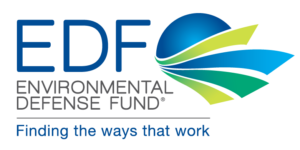
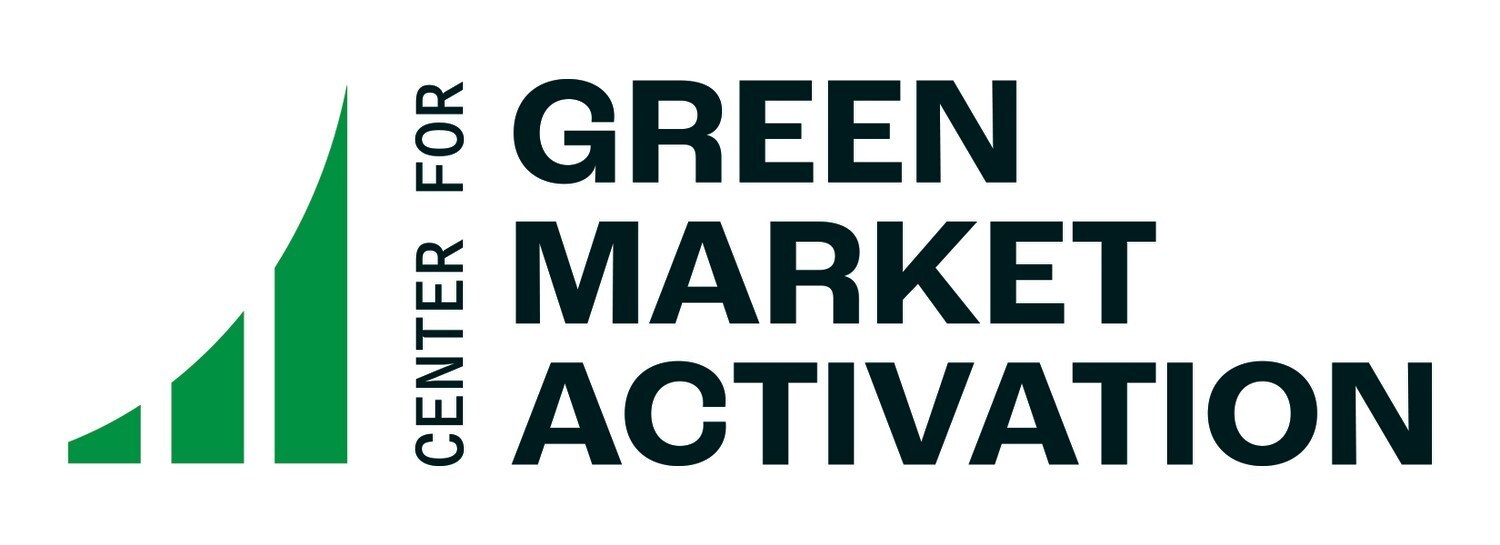

Alaska Airlines will be the first to pilot a new sustainable aviation fuel software integration
RMI’s tools use data to spotlight pollution sources, inform and empower communities, and guide policymakers toward equitable solutions.
The SAFc Registry connects corporate consumers, air transport providers, logistics providers, and clean fuel producers in a globally accessible platform that encourages the use of sustainable aviation fuel (SAF) through the purchase and use of SAF certificates. It enables consistency, transparency and auditability of aviation-related emissions reduction claims to build trust, scale SAFc uptake, and signal strong demand for new SAF supply.
As one of the hardest-to-abate sectors of the economy, aviation’s path to net-zero carbon emissions faces technological and financial hurdles for companies looking to decarbonize.